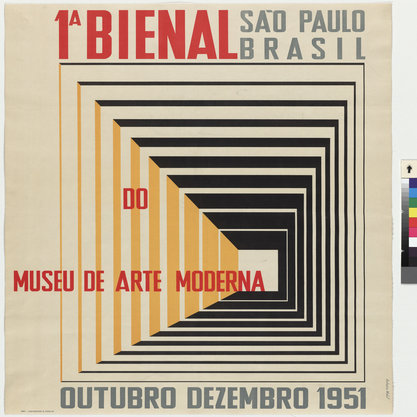Article
Mexican Revolution By Ruiz Tresgallo, Silvia
Article
The Mexican Revolution is considered one of the first social upheavals of the twentieth century. The military phase of the Mexican Revolution (1910–1920) started in 1910 with the insurrection led by Francisco I. Madero as a reaction to the politics of Porfirio Díaz. General Díaz had seized power in a coup in 1876 and was the president of Mexico for a three-decade period known as the Porfiriato (1876–1911). Díaz stabilized the country and inaugurated a period of modernization and economic growth. However, the cost of modernization was the use of brute force, the manipulation of elections, and the suppression of basic rights such as freedom of the press. In addition, only a select elite of mainly European descent, the hacendados, owned large estates, had access to education, and became wealthy, while the majority of Mexicans were landless, illiterate, and lived in utter poverty.



